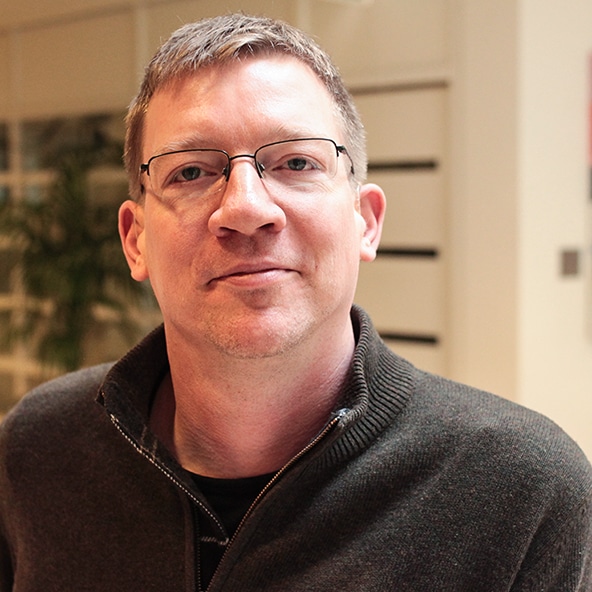Today is the day, the 1st day of the EuroSTAR 2019 Software Testing Conference! The 1st day traditionally is a day of tutorials. I chose “Work and Play: Games to Help your Team Think about Testing”, by James Lyndsay with the aid of his lovely assistant Bart Knaack.

 insight
insight 